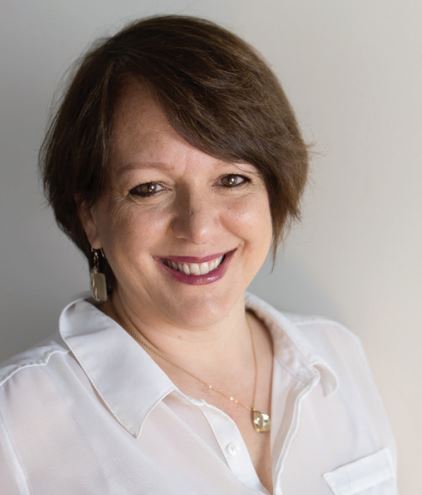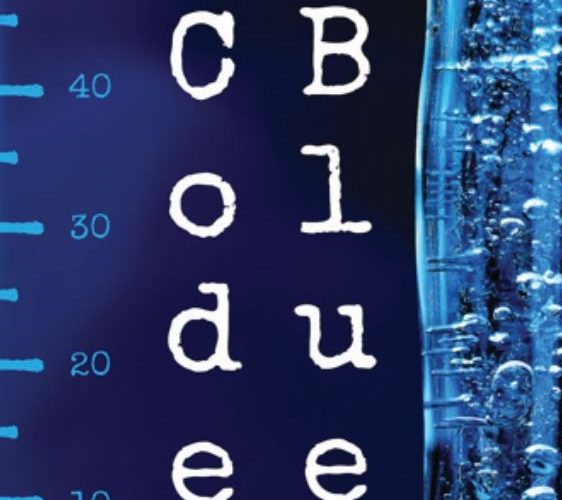Author Marissa Slaven and I are both members of the Climate Fiction Writers League. The League asked us to interview each other about our respective books for their blog. I gather that’s because we both wrote about a near-future world setting. It turned out to be a lot of fun. Here’s part of our conversation.
MARISSA: You know, as I read your book, I had to smile whenever I came across some of the same details in your climate-changed world as mine.
MIKE: Me too! It felt like we had written companion pieces set at the same time but in different parts of America for slightly different audiences.
MARISSA: We should back up a bit. Why don’t you go first and give us a summary of your novel’s story.
MIKE: Okay. Court of the Grandchildren is set in 2050’s America. The climate is ruined and now the young want the old to pay.
The underlying story follows the journeys of the two main characters, 29-year-old Lily and 96-year-old David, who change and grow through their interactions with each other.
David has been called to appear before the Climate Court to judge whether his decisions of today bear any responsibility for the climate situation of this 2050’s world. That’s the climate part of the story. Artificial intelligence features as a major theme as well.
What about your story?
MARISSA: Code Blue is also set in the not-too-distant future where rising temperatures and sea levels have dramatically reshaped the planet. I wanted to write a book where the hero was a young woman who used her intelligence to save the world. I created 16-year-old Atlantic “Tic”.

She’s empathetic, hardworking and impulsive. She attends a boarding school whose focus is climate science. While there she discovers that her father’s death at sea doing research may be more complicated than it seemed. Not only that but her own research project suggests that life on Earth might be more precarious than anyone suspects.
But the main thing for me was having a young woman as the hero and taking the fight to climate change. That was the core of my idea.
What about yours for Court of the Grandchildren?
MIKE: My motivation came from my failure to make any headway on the climate agenda through the use of science and information. So instead, I decided to tell a story which draws on emotions; one where interesting twists and turns are possible thanks to the potential of technology, especially artificial intelligence.
MARISSA: Yeah, there were quite a few twists I wasn’t expecting.
MIKE: Oh good! I’m glad you were surprised. And I have to say the clever way you started each of Code Blue’s chapters took me by surprise. Was there anything that surprised you about Code Blue?
MARISSA: I was very surprised to learn from my publisher that I had used the “F” word 13 times in Code Blue as I never ever swear in real life. I was also shocked when I did a podcast interview and the interviewer told me that Code Blue reminded him of the Harry Potter books. I quite literally didn’t know what to say!
MIKE: That’s quite a compliment!
MARISSA: Did you find it as difficult as I did to balance the climate message with the protagonist’s story arc? Initially when writing Code Blue I was much more focused on the climate message. I was lucky to find an incredible writing mentor who helped me to understand the importance of developing my protagonist’s arc.
MIKE: It was similar for me. As the underlying story evolved I found it was clearly not about climate change at all, but rather the journeys of two very different people.
The Climate Court and the future setting provide the climate context.
MARISSA: In Court of the Grandchildren, the reader is on edge as the judgment of your David character approaches. Have you given any thought as to how your children/grandchildren might judge you?
MIKE: My goal is to do the best that I can on climate action. That means leveraging my strengths to influence as many people and policies as possible. I think (fingers crossed) that my children and grandchildren and nieces and nephews will recognize that.
MARISSA: I hope my kids think the same of me.
MIKE: Which raises the question: “What does success look like for your book?”
Both of us independently answered that question in preparing for this conversation. I was bemused by our answers.
MARISSA: You said Court of the Grandchildren would be a success if it got in front of one thousand people and changed ten. That’s a low bar isn’t it?
MIKE: Wait on. You said 423 sales for Code Blue!
MARISSA: I suppose neither of us is very ambitious.
MIKE: Okay, well let’s multiply those numbers by ten! In any case, I think we recognise that influencing even a small number of people can make a difference.
MARISSA: I agree!
So, who do you most want to read Court of the Grandchildren?
MIKE: The people who won’t!
How about yours?
MARISSA: Hmmm….Oprah? Reese Witherspoon? I would be so happy for anyone to read and enjoy Code Blue. I think it does lend itself well to readers of all ages and especially people who might not know a lot about the climate crisis already.
MIKE: Reese Witherspoon…could she feature in a movie version of Code Blue?
MARISSA: Actually, I’ve thought a bit about that. I would love to see Lana Condor as Tic, Drew Barrymore as her mother, Harrison Ford as Uncle Al and Jude Law as Chris.
What about Court of the Grandchildren – the movie?
MIKE: Oh…I would probably cast Soairse Ronan as the 29-year-old Lily battling through an impossible dilemma. And for the aging former bureaucrat, David – there are quite a few candidates – Anthony Hopkins, Donald Sutherland, Alan Arkin, just to name a few that come to mind.
MARISSA: Tell me what’s next for you after Court of the Grandchildren.
MIKE: Court of the Grandchildren doesn’t stop with the novel. I wrote a stage adaptation and, okay it’s not a movie, but The Magnetic Theatre in North Carolina performed a virtual reading of the play this past April. They will perform it on stage in their 2022 season. I also maintain a website dedicated to the novel’s themes.
What are your plans?
MARISSA: Code Red, the sequel to Code Blue will be released in July.
MIKE: Wow! Two books coming out within months of each other. That’s impressive!
MARISSA: Thanks Mike, and best of luck with your play too. Or should I say “Break a Leg!”
Code Blue will be released on May 24th, 2021. You can find out more about Marissa at her website: https://marissaslaven.com/
My review of Code Blue can be found on Goodreads. An excerpt of this conversation will appear in the Climate Fiction Writers League blog in June 2021.
